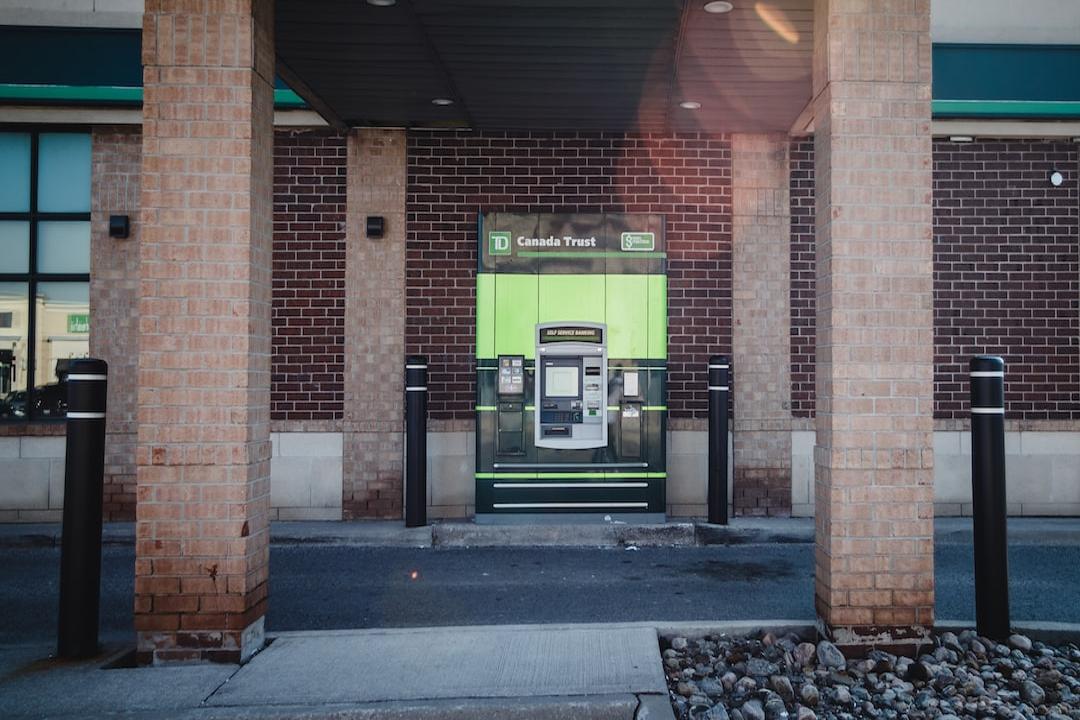Last week, IOTA made an exciting development with the release of the alpha version of iota-ore. This release brings several important changes to the network, including the resolution of issues with the docker network test framework. These issues arose after the addition of an attention parameter.
In addition to the fix, the release also includes a new CI workflow for nightly docker network tests and support for the usage of local snapshots. This will greatly reduce the burden of constantly uploading data.
Hans Moog, a developer with the IOTA Foundation, announced the release on social media. Despite its significance, the release seemed to have gone unnoticed by many. Hans Moog highlighted the release on Twitter, urging people to take notice.
The changes introduced in this alpha version are significant. One of the key fixes is the resolution of the docker network test framework, which was previously broken due to the addition of new retention parameters. The fix also includes the addition of a new script that simplifies the usage of the docker test framework.
Another important fix is the introduction of a continuous integration (CI) workflow for nightly docker network tests. This practice allows for quicker error detection and code merging from different team members.
Furthermore, developers can now use local snapshots instead of constantly uploading and downloading data. This is a major improvement that will greatly enhance the usability of the network.
Another fix implemented in this release is the rejection of the propagation of confirmation ratifiers over epoch boundaries. This change ensures that only confirmation votes from the same epoch as the block they are voting for are considered. This helps to avoid glitches caused by counting previous and newer votes at the epoch boundary.
Hans Moog emphasized that while the alpha release may not include many new updates, it provides valuable insights into the progress made by the IOTA community.
The release of the alpha version of iota-ore is a significant step forward for the IOTA Foundation. As highlighted in their Q4 2023 report, the iota-core team worked closely with other core protocol research teams to align implementation with theoretical concepts. This collaboration included the Congestion Control Working Group, the Finalization Research Working Group, and the Parameters Taskforce.
One of the notable upgrades introduced by the iota-core team in the fourth quarter was the implicit account mechanism. This feature offers users a permissionless entry point to the network.
Overall, the release of the alpha version of iota-ore marks an important milestone in the progress of IOTA. It showcases the dedication and hard work of the developers in fine-tuning protocol parameters and enhancing the usability of the network.


